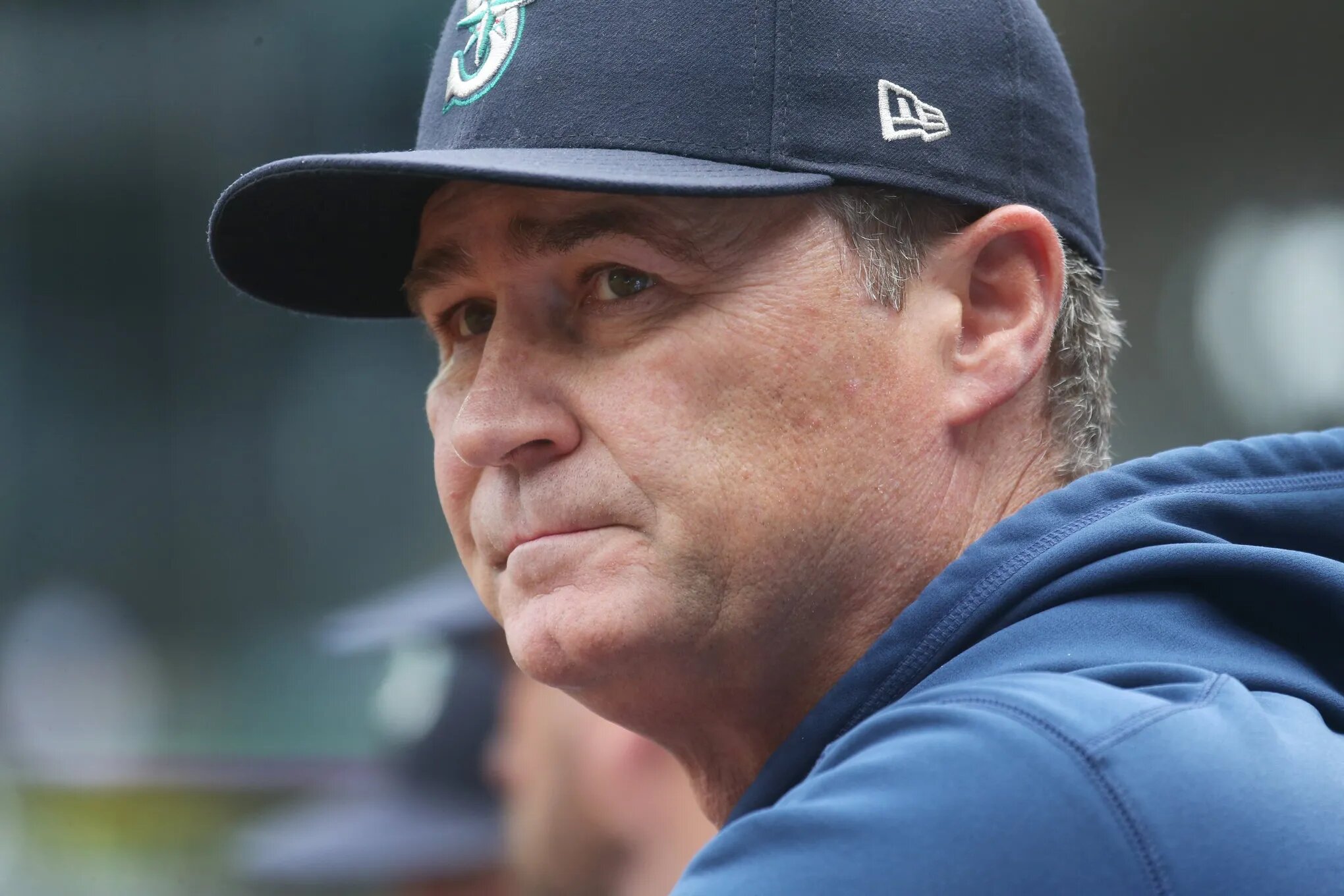The Seattle Mariners have made a decisive move, officially parting ways with manager Scott Servais following a tumultuous game three loss against the Minnesota Twins. The decision came in the wake of a game where players reportedly sent mixed messages and emotions ran high.

The Mariners’ loss to the Twins seemed to be more than just a defeat on the scoreboard. Sources within the organization revealed a discordant atmosphere among players, with conflicting messages being conveyed both on and off the field. Such disarray ultimately led to the decision to terminate Servais’ tenure as manager.
Scott Servais, who had been with the Mariners since 2016, guided the team through highs and lows during his tenure. However, the recent events seemed to signal a tipping point for the organization. Despite efforts to maintain stability, tensions escalated, culminating in the decision to make a change in leadership.
The game against the Twins served as a microcosm of the underlying issues plaguing the team. Players appeared visibly frustrated and disoriented, struggling to maintain cohesion amidst the chaos. The loss was more than just a setback; it was a reflection of deeper-seated issues within the Mariners’ clubhouse.
The decision to part ways with Servais marks a significant shift for the Mariners as they seek to redefine their trajectory. With the season already underway, the timing of the managerial change underscores the urgency felt within the organization to address systemic challenges and chart a new course forward.
In the aftermath of Servais’ departure, the Mariners now face the daunting task of regrouping and reestablishing a sense of unity among players. The search for a new manager will undoubtedly be a priority, with the organization likely seeking someone who can not only lead on the field but also foster a positive and cohesive team culture.

As the Mariners navigate this period of transition, the focus remains on revitalizing the team’s spirit and reigniting their competitive edge. While the decision to part ways with Servais may have been difficult, it reflects a commitment to addressing underlying issues and positioning the team for long-term success.
In the meantime, interim leadership will be tasked with steadying the ship and guiding the Mariners through this turbulent period. As players grapple with the aftermath of Servais’ departure, the hope is that they can channel their emotions into a renewed sense of purpose and unity on the field.
The Mariners’ decision to fire Scott Servais underscores the gravity of the situation and the need for decisive action in the face of adversity. As the team looks ahead, there is a sense of determination to turn the page and embrace a new chapter in Mariners baseball.

